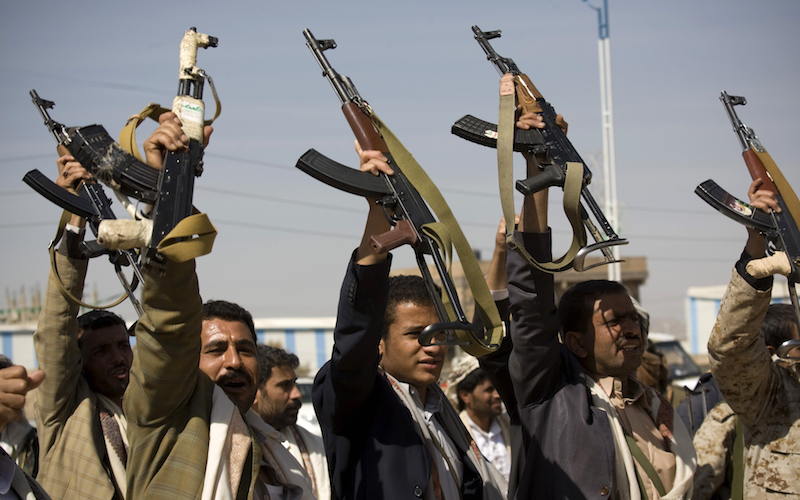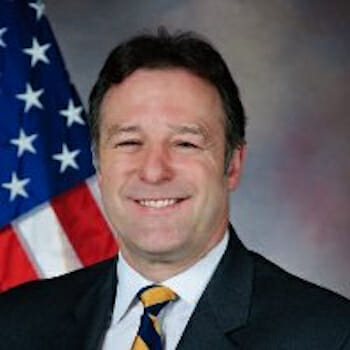
Yemen: The Final Straw?
News from Yemen goes from bad to worse as ISIS claimed responsibility for attacks on the Badr and al-Hashoosh mosques which claimed the lives of over 130 people and maimed more than 340 as they prayed. However, as Al Jazeera reported, it was either AQAP or Houthi rebels who orchestrated the attacks.
Despite the optimism that briefly swept the country following the so-called Arab Spring in 2011, Yemen has deteriorated into lawless violence. There have been previous egregious attacks in this troubled country including: 52 peaceful protesters killed on March 18, 2011 as they demonstrated in Sana’a and AQAP militants killing 52 civilians including doctors, nurses, and the old and infirm at a hospital in December 2013. Killing people at prayer is a new low. Only a few weeks ago the world was outraged as ISIS burned to death a Jordanian pilot. Is this the final straw for Yemen?
Yemen has been in trouble since the National Dialogue Conference concluded and shortly thereafter Houthi rebels began an extended campaign to gain power through violence. In so doing, they captured the Western swathe of the country centered around Saada Province and laid siege to the capital, imprisoning the president and his cabinet.
Their grounds were corruption and absolute rejection of the new constitution which divided Yemen into 6 states. Intercepted phone call traffic suggested that former President Ali Abdullah Saleh was orchestrating Houthi activities. President Hadi hot-footed it for Aden to set up home in the old presidential palace from which he attempted to govern and also to negotiate to shore up this rapidly fragmenting state. Embassies in Sana’a closed amid the increased violence and some countries – mainly Gulf countries – recognized his new seat of power in the south, other Western powers, the United States included, did not.
The supposed ISIS attack on the mosques during prayer is a tragic new chapter of this poor nation’s sad, sad story. Many will now conclude that Yemen is the new proxy battlefront of the Shia-Sunni struggle. Iran provides aid to the Houthis and Saudi Arabia has supported Sunni militia in Yemen. Many were confused why the Houthis had remained largely untouched by U.S. Special Forces and drone strikes despite Houthi actions to illegally grab power. But the Houthis were waging an effective limited local war against AQAP, centered on their stronghold in Shabwa Province, the suppression of which is a common U.S. interest. Therefore, despite their links to Iran and worry about Saleh rising from the ashes, the Houthis were tolerated as the lesser of two evils. Also, America has had its eyes firmly focused on ISIS activities in Syria and Iraq and Yemen was waiting its turn.
Possibly, ISIS infiltrated fighters from Syria who chose Black Friday, the day after the atrocious killing of dozens of foreign tourists in Tunisia, to strike and bring about a game changing massacre in Yemen. Maybe ISIS has extended into Yemen and if so, the country is almost certain to implode as Houthis, ISIS, AQAP, various Yemeni tribes, southern secessionists and government forces will inevitably wrestle for power. But maybe ISIS is AQAP by another name and acted because they were embarrassed that AQAP had displayed so little Sunni spunk in hobbling the Houthis or were perhaps emboldened by Boko Haram’s formal allegiance to ISIS and worried that AQAP was losing the edge and risked not being able to attract recruits. Perhaps they just wanted to open up a new front of spectacular atrocities to spread and stretch coalition forces to the breaking point. Maybe they just did it to show that they could and that they will attack again and again in ways ever more heinous. What will be their next attack?
The supposed ISIS attacks in Yemen will focus attention. The tragedy of this historic martyrdom might shock Yemeni and world leaders alike into action to try and save this country from extinction. Most groups have previously gathered and negotiated together in support of a better Yemen and although conditions have clearly changed, the players are broadly the same and the people of Yemen have seen the green shoots of the benefits of pulling together for a better future. Yemen has suffered too much for too long to simply let all the relative progress be thrown away. Maybe from the scraps of this most recent tragedy will emerge a desire to return to the negotiating table. But maybe more blood must be spilled until that point is reached and so maybe we are witnessing the start of a dark era of Yemen’s history – maybe the final straw – that even the robust Yemeni people cannot withstand. As the international community exits, so does the hope of the people of Yemen. Hopefully someone or something can save Yemen. If not, then terrorism will have won and shame on us!

